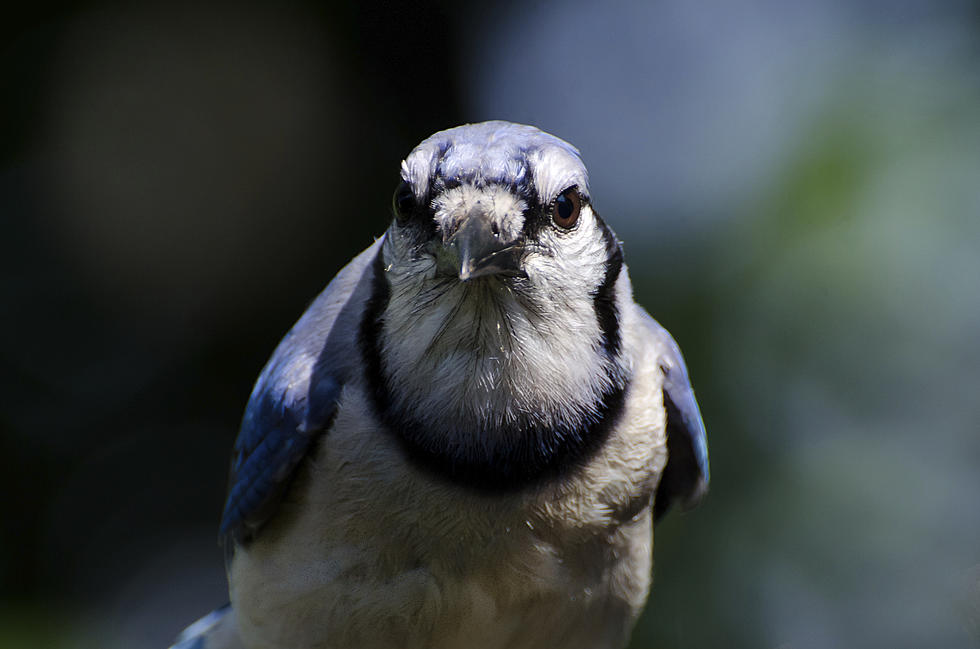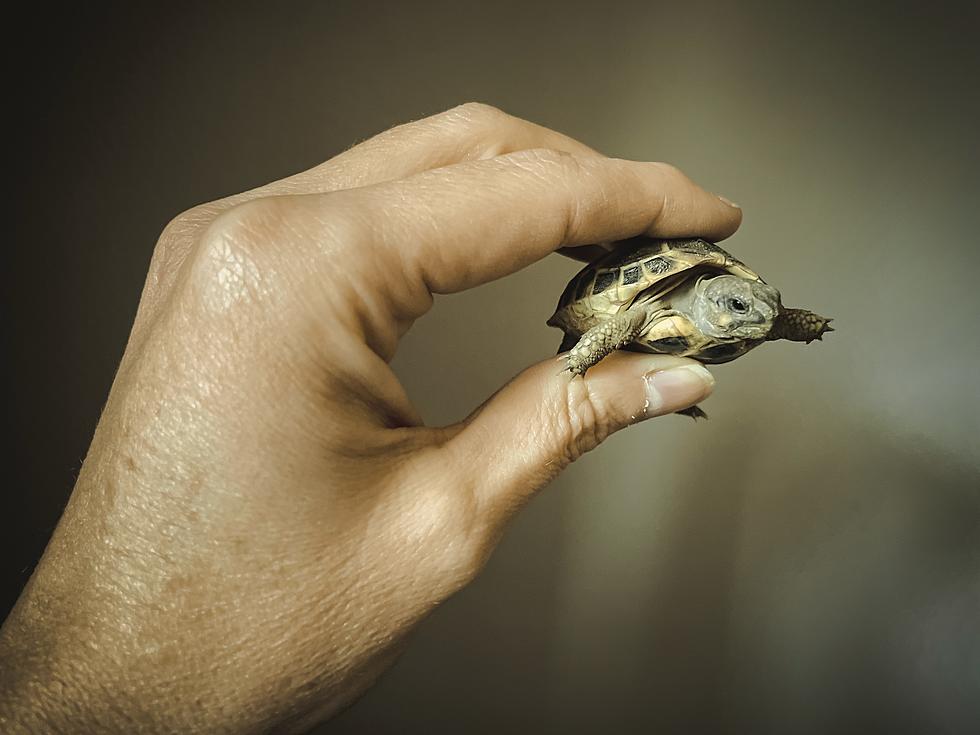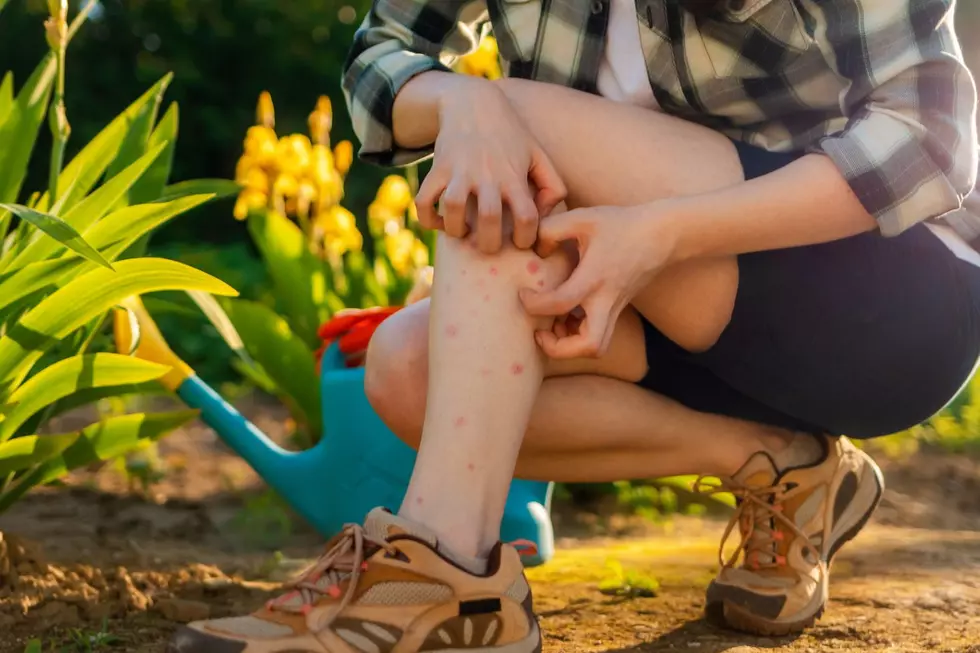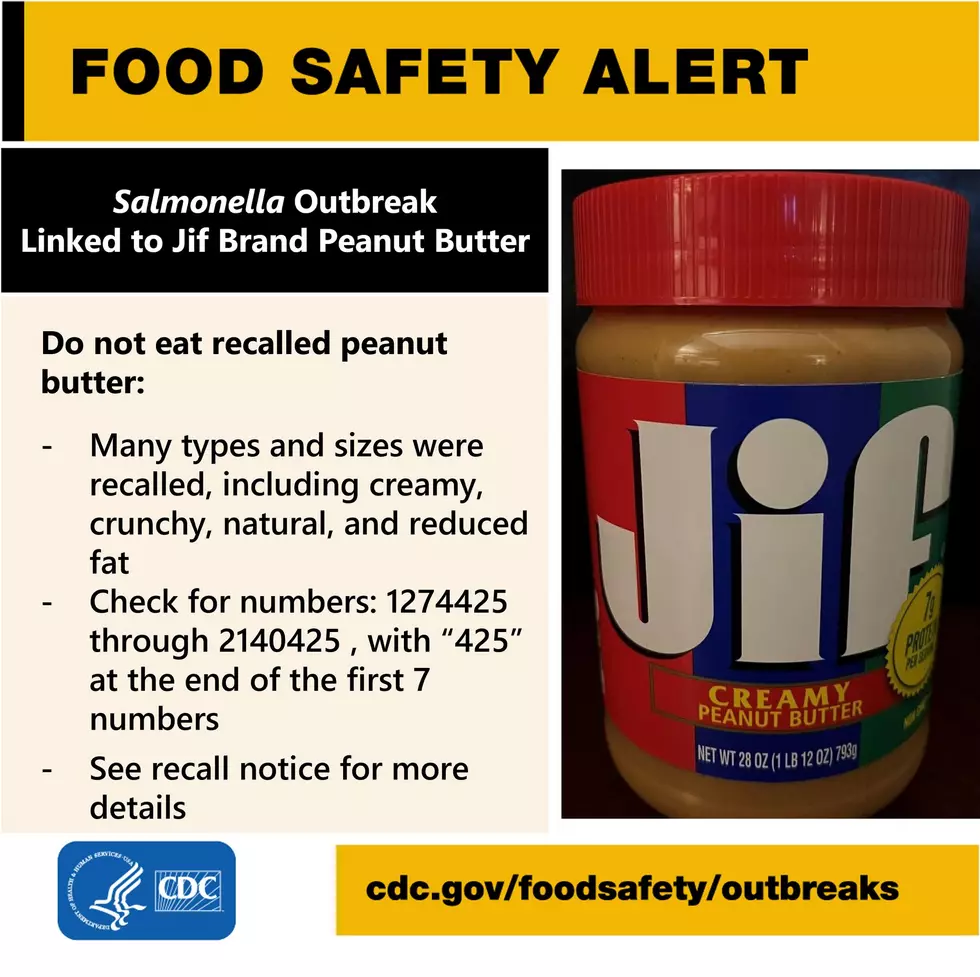
Mysterious songbird deaths in New Jersey are on the decline
RCKeller
Since May, wildlife agencies in more than 10 states, including New Jersey, have responded to multiple reports of sick and dying songbirds, typically exhibiting symptoms including eye swelling, squinting, crusty eye discharge, neurological symptoms such as erratic flight and stumbling, often followed by death.
Surovtseva
Young birds including fledglings and hatchlings and main species of blue jays, cardinals, grackles, starlings, and robins have been most impacted in New Jersey, said Dr. Nicole Lewis, a veterinarian with the New Jersey Division of Fish and Wildlife.
To try and figure out what is killing these birds, Lewis said a lot of testing has been done in a multistate effort, with samples were sent to larger state and federal diagnostic labs to do advanced testing because all of their tests came up negative.
PBallay
Lewis said they tested for things like salmonella, microplasma, avian influenza, a lot of mosquito-borne diseases like West Nile and pesticides. The state tested for everything that may have caused these mysterious sicknesses and deaths, but nothing came up.
Currently, there is still ongoing testing looking at whole-genome sequencing. There's also testing of the 17-year cicadas that are ongoing to see if they may have played a role. But the illness remains a mystery, Lewis said.
spates
However, it seems as though the deaths and illnesses are coming to an end in New Jersey.
Lewis said it could be because the young birds have fledged and are now adults so they can better fight off the disease, or it's just simply ending in the population.
Since May, the state received about 200 calls about sick and dying birds. But some calls were not in line with the species. They were adults, not young, so they did not fit the criteria, she added.
"It seems as though, thankfully, this is coming to an end, at least for this season. It's hard to say what the future is going to show," Lewis said.
When the sicknesses and deaths were prevalent in the state, Lewis had recommended that all New Jersey residents remove their bird feeders and baths from their yards. But now she said it's okay to resume putting them back up.
However, it is important to thoroughly clean feeders at least once a week with a 10% bleach solution. Wash the feeders well and let them air dry before putting them back up.
"Birds really congregate on those feeders. You want to make sure they're nice and clean because we do see a lot of the common diseases like salmonella and microplasma tend to be transmitted by dirty feeders," Lewis said.
If New Jersey residents find a sick but alive bird on their property, Lewis recommends either reaching out to local animal control to come to get the bird for further care or to a local wildlife rehabilitation facility.
If the bird is deceased on someone's property, Lewis asks that people email her at nicole.lewis@dep.nj.gov with a picture and information including the type of bird, age and the condition the bird was found in on the property.
When disposing of a dead bird, it should be double-bagged and placed in the regular garbage. Avoid handling wild birds. Wear disposable gloves if it is necessary to handle a bird.
A map is available on the New Jersey Division of Fish and Wildlife website that shows where the reports of sick and dying birds were coming from to see how heavily impacted their area may have been.
Lewis said while reports were coming from all over the state, there was a high number of reports in the Princeton-Ewing area, which is suggestive to her that cicadas may have a connection because there was a heavy presence of cicadas in that area at the time.
However, none of this has been proven.
All Of The Marijuana Dispensaries In The Garden State [2021]
More From 92.7 WOBM










